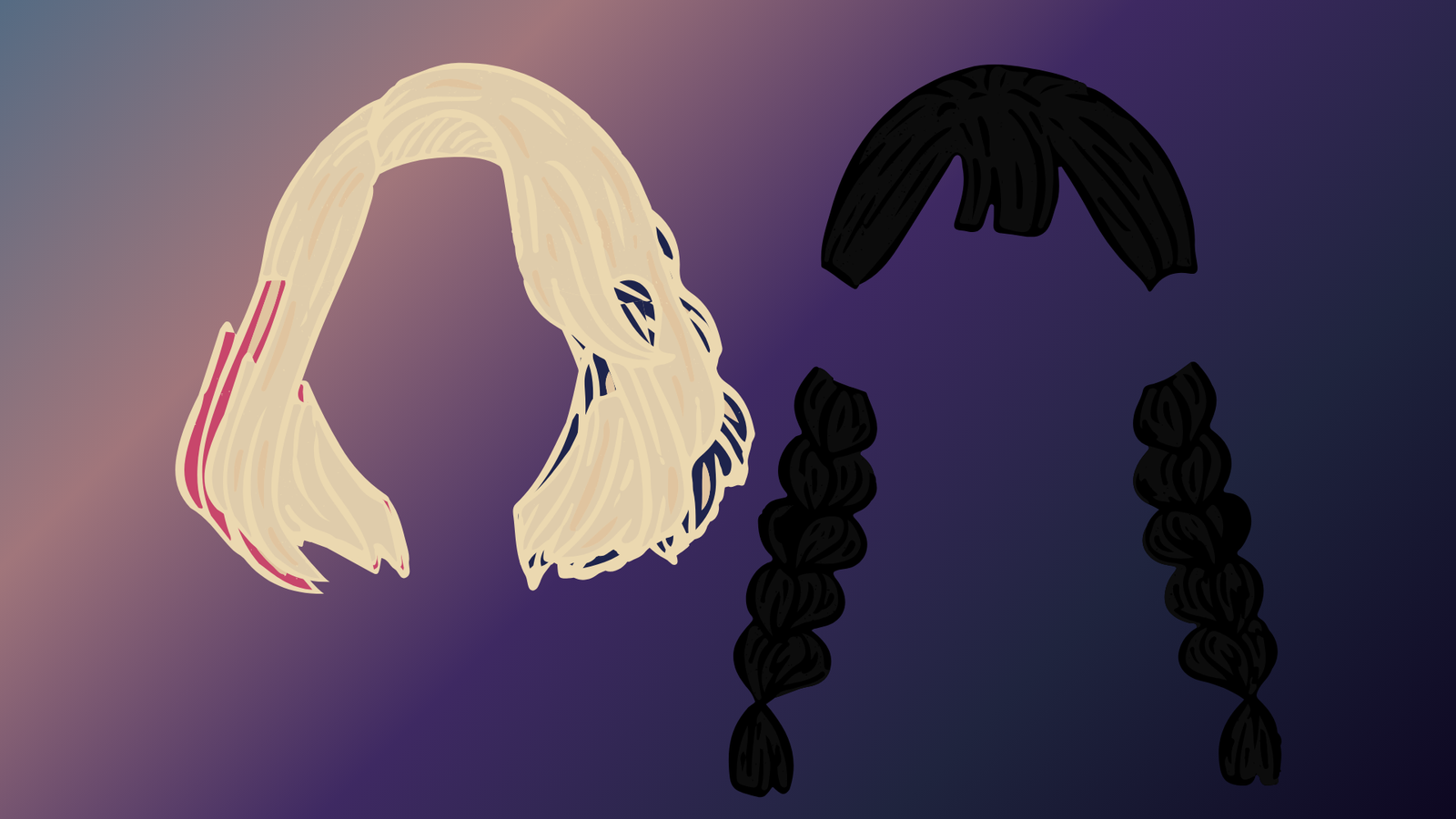Wednesday’s Child Is Full of Woe: The Origins and Meaning Behind the Poem
Monday’s child is fair of face,
Tuesday’s child is full of grace,
Wednesday’s child is full of woe,
Thursday’s child has far to go,
Friday’s child is loving and giving,
Saturday’s child works hard for a living,
And the child that is born on the Sabbath day
Is bonny and blithe, and good and gay.
This traditional English nursery rhyme, often attributed to Mother Goose, assigns character traits to children based on the day of the week they were born. While its tone is whimsical, the poem reflects deeper cultural beliefs about fate, personality, and identity.
Historical Origins
The rhyme first appeared in print in 1836 in Traditions of Devonshire by Anna Eliza Bray. Its primary purpose was educational, helping children learn the days of the week, but it also echoed older folklore that linked birth days to destiny.
In 16th-century England, it was common to believe that the day of one’s birth could influence temperament and fortune. This belief was rooted in astrological and mythological traditions. For example, Wednesday is named after Woden (Odin), the Norse god of wisdom and war. Odin was solemn, introspective, and often associated with sacrifice, qualities that may have inspired the line “Wednesday’s child is full of woe.”
Interpreting the Lines
Each line of the poem offers a symbolic glimpse into personality. Though not based on science, these descriptions have endured for centuries and continue to resonate in modern culture.
- Monday’s child is fair of face
Traditionally interpreted as physically attractive or charming. “Fair” may refer to beauty, but also to pleasantness or likability. - Tuesday’s child is full of grace
Suggests elegance, kindness, and poise. These individuals are often seen as diplomatic and emotionally balanced. - Wednesday’s child is full of woe
Commonly understood as melancholic or emotionally complex. However, “woe” can also imply depth, sensitivity, and artistic temperament. In today’s culture, this line has become iconic, especially through the lens of Wednesday Addams, who embodies mystery, independence, and emotional intensity. - Thursday’s child has far to go
Implies ambition and a long journey ahead. These children may be late bloomers or destined for significant personal growth. - Friday’s child is loving and giving
Warm-hearted and generous, often seen as empathetic and nurturing. - Saturday’s child works hard for a living
Represents diligence and determination. These individuals are practical, focused, and resilient. - Sunday’s child is bonny and blithe, and good and gay
Cheerful and carefree, traditionally considered fortunate or blessed. “Gay” in this context means joyful and light-spirited.
Pop Culture Revival: Wednesday on Netflix
The line “Wednesday’s child is full of woe” has gained renewed attention thanks to Netflix’s Wednesday, starring Jenna Ortega. The series reimagines Wednesday Addams as a gothic heroine, emotionally guarded, intellectually sharp, and deeply introspective. Her character is a direct reflection of the poem’s sentiment.
Season 2, released in two parts (August 6 and September 3, 2025), explores Wednesday’s evolving psychic abilities, her strained family dynamics, and her search for identity at Nevermore Academy. The show has transformed the old nursery rhyme into a cultural symbol for those who feel different, intense, misunderstood, or emotionally layered.
In this way, a 19th-century children’s poem has found new life in the 21st century, proving that even the simplest verses can carry timeless meaning 🖤

